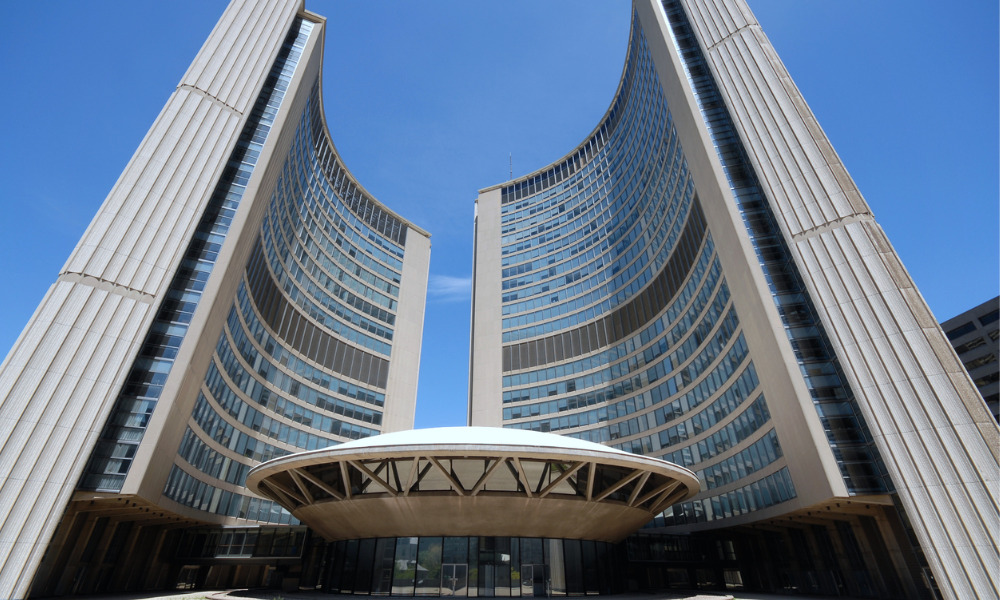
Court considers whether trial judge correctly characterized issues on breach of duty of care

In a recent case, Ontario’s Court of Appeal affirmed the City of Toronto’s liability for an eye injury, finding that a standard imposed by statute may inform a standard of reasonable conduct.
In Becker v. Toronto (City), 2020 ONCA 607, the plaintiff became legally blind in her left eye when the glass portion of an office door shattered and struck her in a community centre operated by the City. The trial judge said that the City breached its duty of care under s. 3(1) of the Occupiers’ Liability Act, R.S.O. 1990 c. O.2, finding that the door used ordinary annealed glass and not the type of tempered safety glass required under the 1990 Ontario Building Code, O. Reg 413/90.
The City’s appeal did not question the trial judge’s findings relating to the facts, to causation and to foreseeability, but contended that a breach of duty of care would constitute not only the absence of the tempered safety glass, but also the City’s failure to take reasonable care to attempt to have that type of glass installed.
The Court of Appeal for Ontario disagreed with this argument and dismissed the City’s appeal.
The court first considered whether the trial judge’s characterization of the issue of whether the duty of care had been breached reflected the characterization of the parties in their opening submissions. The trial judge phrased that issue in this way: “Has the Plaintiff met the onus of proving that the glass in the door of office 113 is annealed glass and not the required tempered safety glass?” The appeal court said that this description of the issue was accurate, given the competing theories put forward by the parties.
“In my view the trial judge correctly characterized the issues the parties had put to her for decision,” wrote Justice Benjamin Zarnett for the appeal court. “They did not include the theory that the City took reasonable care in attempting to have tempered safety glass installed, and therefore fulfilled its duty of care, even if tempered safety glass was not actually installed.”
Second, the court considered whether the trial judge’s characterization of the issue of whether the duty of care had been breached was legally sufficient. The court said that it was indeed legally sufficient. In this case, the standard of reasonable care applied. The court noted that, while violating the Building Code amounts to a breach of a statute and not necessarily an instance of negligence, “a statutory standard can inform a standard of reasonable conduct.”
Third, the court addressed whether the trial judge had to consider questions relating to the City’s alleged breach of the duty of care which were beyond the issues advanced by the parties at trial. The City argued that even if it did not expressly contend that it had complied with the duty of care on the basis of its reasonable efforts, regardless of the type of glass actually installed, it never abandoned this theory.
The court disagreed with this contention. “I do not accept that the trial judge was required to consider an ‘even if’ theory, which was not argued at trial, just because the City never expressly abandoned it,” wrote Justice Zarnett.
Procedural fairness dictated that the trial judge should not decide a case on a basis not advanced by the parties, the court said.